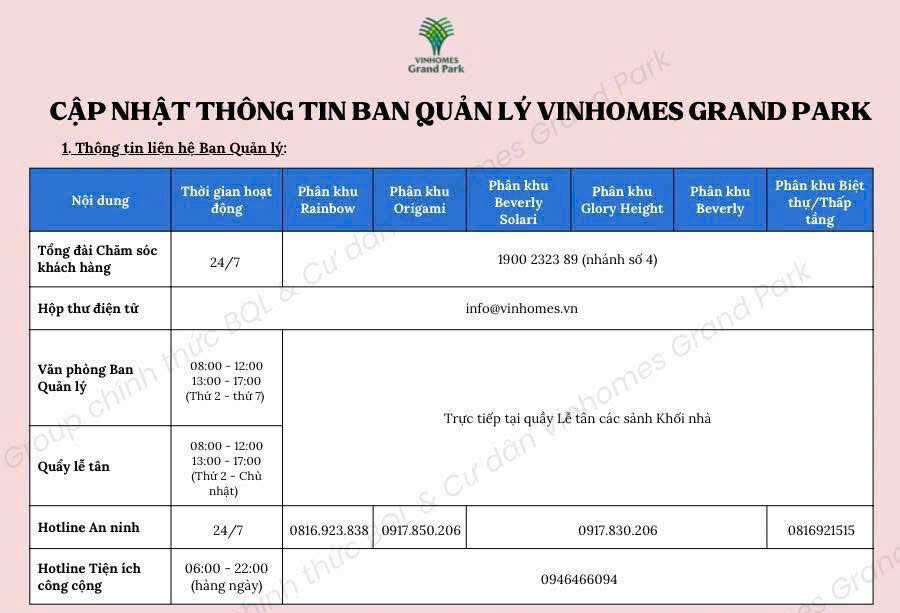POTENTIAL AND DANGEROUS REAL ESTATE BONDS
According to state regulations, to protect the interests of consumers, real estate businesses are only allowed to open and sell apartments when they have finished their foundation. Until that time, businesses had to spend a lot of costs: site clearance, completing paperwork, building foundations … so real estate businesses always have a need for capital, at least in the period. the first part of the project.
The vast majority of real estate businesses do not have enough equity capital, but have to seek additional financial sources from outside: bank loans or bond issuance. Because bank loans are subject to strict conditions with collateral, many investors turn to the bond market to raise capital.
According to statistics, in the first 9 months of 2020, the total issuance of corporate bonds is 340,000 billion VND, of which real estate companies account for more than 30% of the issue value (more than 100,000 billion).
The rate of successful issuance of real estate bonds also increased, from 88% (2019) to 97% (9 months of 2020), showing that consumers are increasingly trusting this type.
The bond yields that businesses offer are also quite attractive. The average interest rate of the current bond market is 9.3% / year, higher than the 7% bank deposit interest rate. However, risks always come with benefits, real estate businesses can go bankrupt and you can lose all your money. Currently, a number of businesses issue real estate bonds with very high interest rates:
For example, the recent Apec Group (September 2020) issued 3,000 billion bonds with interest rates up to 18% / year, a very attractive figure, but accompanied by the risk of development in the company’s future.
In June 2020, Phat Dat Real Estate Company also issued 110 billion bonds with interest rates up to 13% / year guaranteed by stocks. However, the form of stock security also does not bring peace of mind to stock buyers, we remember that the FLC Group’s ROS that used to reach nearly 180K at the end of 2017 has now dropped below less than one. bunch of vegetables (2K / share).
Some other real estate companies issue bonds at lower interest rates:
Novaland recently issued bonds up to VND 2,500 billion, at an interest rate of 10.6%.
TNR Holdings recently issued VND 5,300 billion (divided into several phases) with an average interest rate of 10.9%, a term of more than 4 years;
Phu My Hung issued VND 900 billion with an interest rate of 7.15%;
To increase the attractiveness of bonds, some businesses issue bonds with the priority of a project to be formed in the future. Tien Phuoc issues bonds with an interest rate of 8% / year and bond buyers will have the right to buy a house in the Senturia South Saigon project. It is expected that if Tien Phuoc completes the legal procedures and the project is carried out, bond buyers will get a profit of about 700 million. In case the project is not open for sale, Tien Phuoc will pay a penalty of 2%, equivalent to the bond interest rate of 10% / year. This is an acceptable interest rate, the majority of buyers are aiming for a bigger cake if the project is opened for sale.
Bonds are mentioned by many people with two high: high interest rates, high risks due to no collateral. According to statistics by FiinRating, one of the key indicators of Debt / EBITDA debt of real estate businesses has increased from 4.7 times in 2019 to 7.1 times at this time, showing the increased risk of bonds
In addition the bond is also known for three zero:
Non-transparency: personal bond buyers have difficulty in accessing corporate information, financial statements, business plans,
No rating counts. Countries with developed economies have credit rating companies (S&P Global Ratings, Moody’s, Fitch) that rate corporate risk, and bond yields are based on credit ratings. Credit rating companies are underdeveloped in Vietnam, leading to a lack of corporate information / transparency.
No collateral: in the event of a bankruptcy, the bond buyer is likely to lose all of his or her money.
One thing bond buyers should also keep in mind is that interest on bonds will be subject to personal income tax of 5%, while interest on savings is not subject to personal income tax.
Conclude:
Real estate businesses increasingly look to bonds as their important capital mobilization channel. Consumers should carefully research information about the business before making a decision to buy bonds, especially for companies that pay higher interest rates.
Investors remember, returns always come with risks.
Source: Anh Thai Hoa – REAL ESTATE Community










